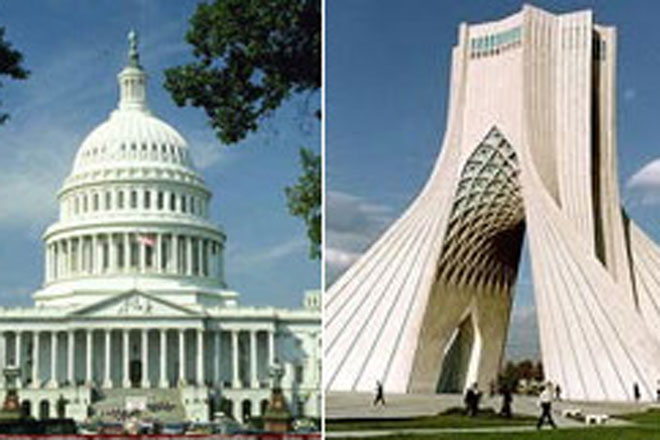Representative of Iran and United Sates held 6 hours of political and technical bilateral talks in New York on Sept. 18 to resolve the remaining differences in the way of achieving a comprehensive nuclear agreement and are to resume talks in hours today.
In this round of Iran's nuclear talks with the Sextet which actually began on Sept. 17 with Iran's Foreign Minister Mohammad Javad Zarif and EU Foreign Policy Chief Catherine Ashton working lunch, the Iranian deputy foreign ministers Abbas Araqchi and Majid Takht Ravanchi held two and a half hours of talks with US veteran deputy secretary of states William Joseph Burns and Wendy Sharman on Sept. 18, Iran's official IRNA news agency reported Sept. 19.
Also the Iranian and US technician delegations held over three hours of talks on Sept. 18 night aimed at decreasing the remaining differences of opinion, led by Hamid Baeidinejad on Iran's side and Jim Tumby on the US side.
The bilateral Iran-US talks were the 3rd round of their official consultations within the past two months on remaining disputed issues in Iran's nuclear program, in which the two sides have negotiated for dozens of hours.
The diplomats in New York evaluate these talks as fruitful in terms of increasing both sides' understanding of each other's stands, but the informed sources believe the differences still remain in place and the achieved progress is not noteworthy.
Among the disputed issues on which worthy mutual understanding has been achieved there is the Arak heavy water reactor, thanks to the basic alterations initiated by Iranian nuclear experts in it that ease the West's worries about the amount of the produced plutonium in it.
Iran and the P5+1 (the five permanent members of the UN Security Council comprised of China, France, Russia, Britain, the U.S., plus Germany) sealed an interim deal for a six-month period in Geneva on Nov. 23, 2013.
Under the deal, dubbed the Geneva Joint Plan of Action, the six countries undertook to provide Iran with some sanctions relief in exchange for Iran agreeing to limit certain aspects of its nuclear activities.
The deal took effect on Jan. 20 and expired on July 20. However the two sides agreed to extend their talks for four months until Nov. 24, 2014 to reach a permanent deal on Iran's disputed nuclear program.






